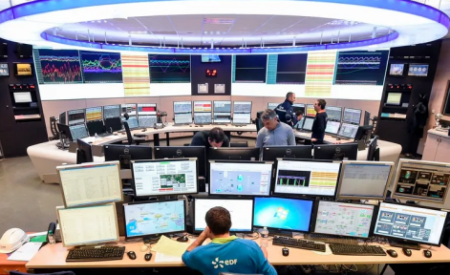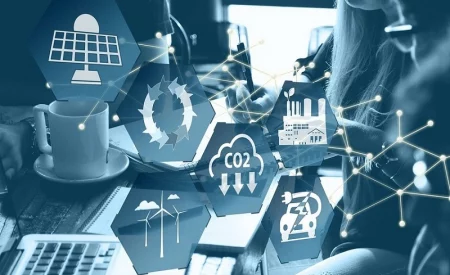
Greening the Grid: Are new green electrons improving utilities’ residual mix?
As the race to net-zero accelerates, corporate entities with decarbonization targets are putting increasing pressure on utilities and energy suppliers to improve their supplier specific carbon emission factors and residual mix factors. This demand is driven by the need for better management of Scope 2 emissions (indirect emissions from purchased electricity), which is critical for […]
Read more










